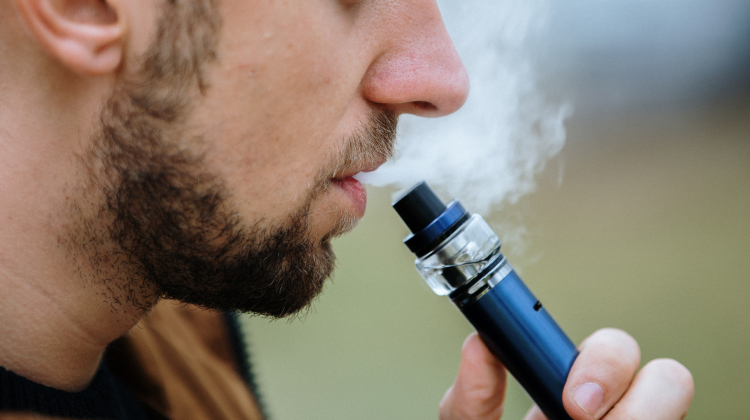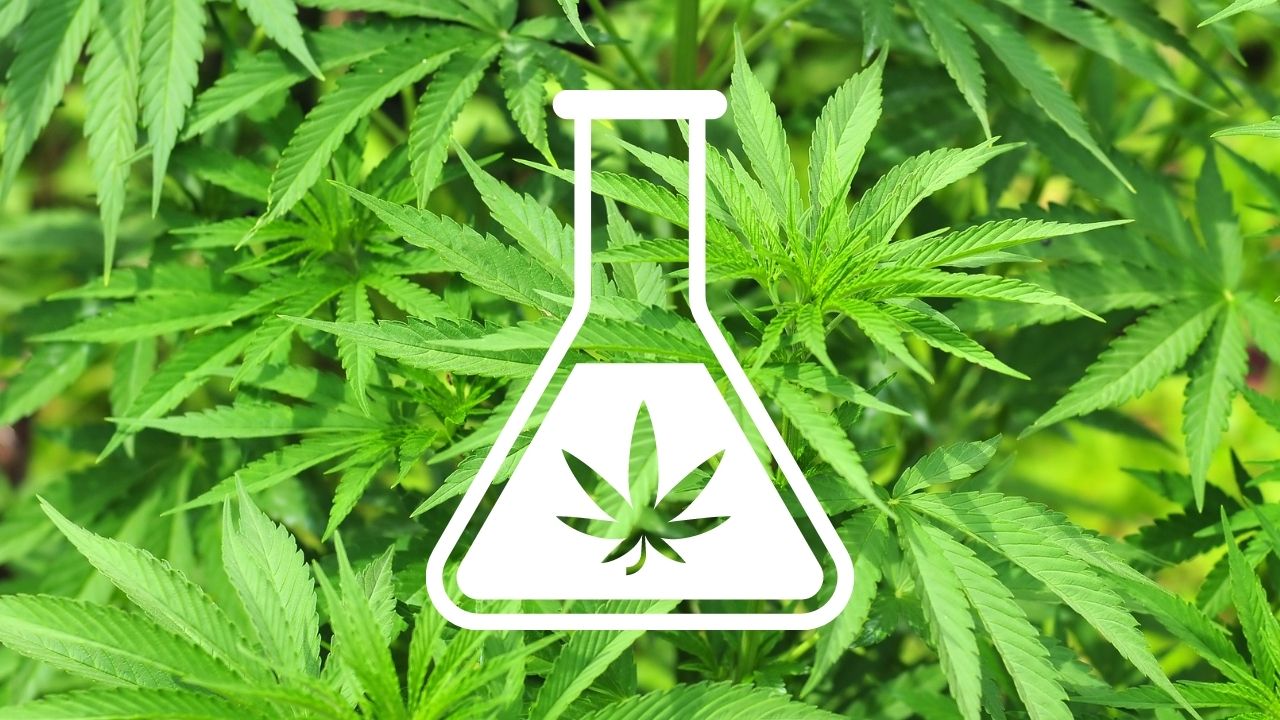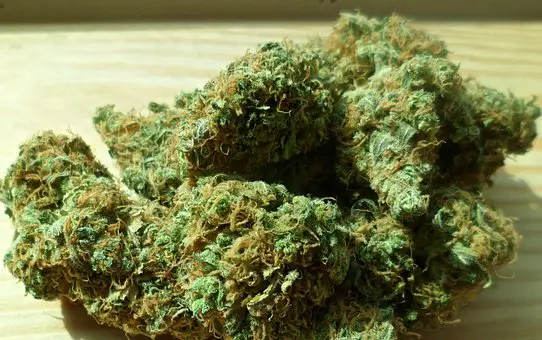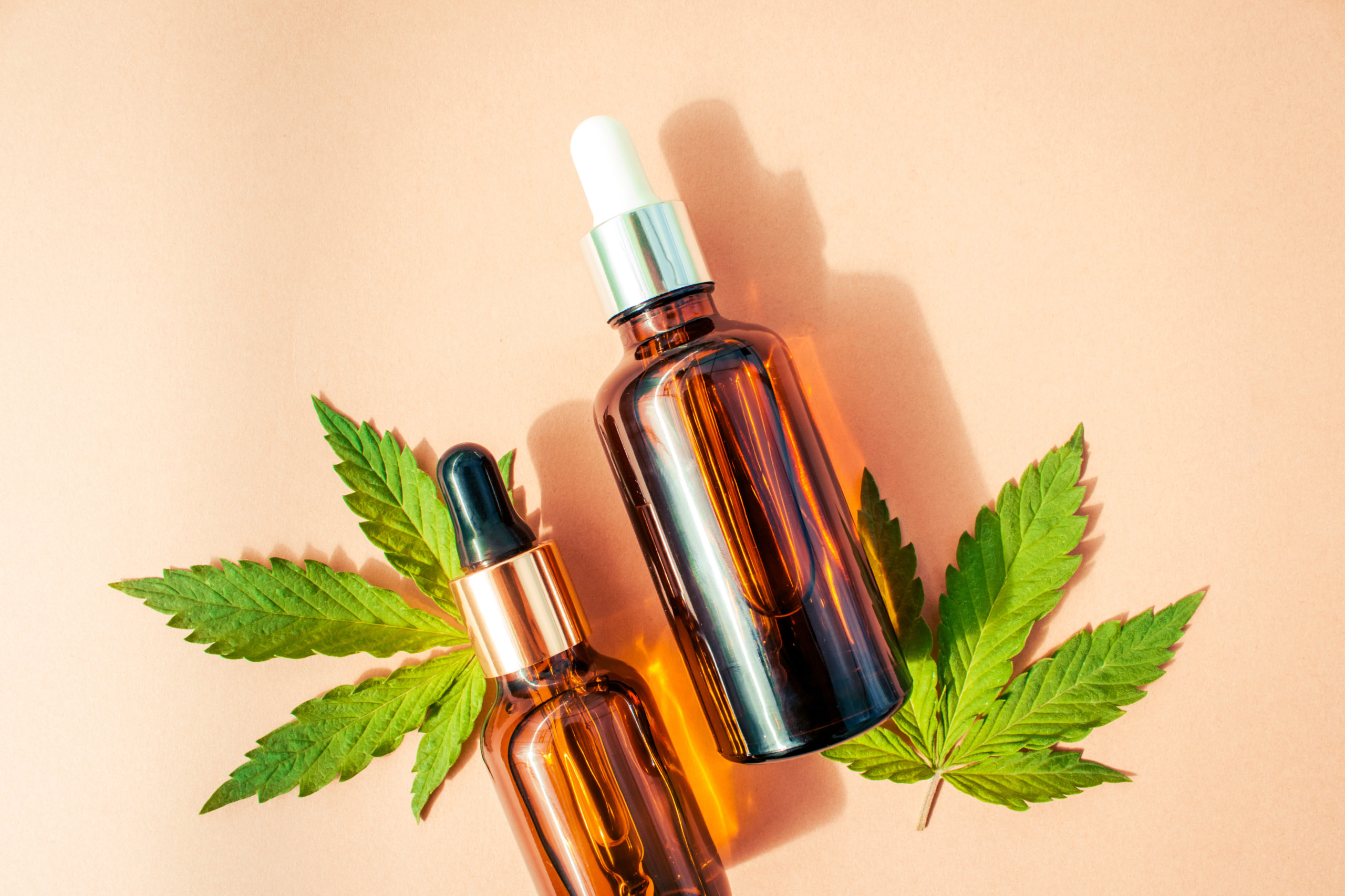Delta 8 vapes have become increasingly popular in recent years, as cannabis users look for new ways to experience the potential benefits of cannabinoids. Delta 8 is a form of THC that is believed to provide a milder high than Delta 9, the more common form of THC. In this article, we will explore the safety of Delta 8 vapes and other inhalable cannabinoids, and provide comprehensive information on their potential benefits and risks.
Delta 8 Vapes: What You Need to Know
Delta 8 vapes are a relatively new product that has gained popularity among cannabis users. They are created by extracting Delta 8 from cannabis plants and combining it with a carrier oil to create a vape liquid that can be inhaled using a vaporizer device. Delta 8 vapes are marketed as a safer and milder alternative to Delta 9 vapes, with less potential for negative side effects such as anxiety and paranoia.
However, it is important to note that Delta 8 vapes have not been extensively studied, and there is limited information available on their long-term effects. Some studies have suggested that Delta 8 may have neuroprotective properties and may be effective in reducing pain and inflammation. However, there is also concern that Delta 8 may have psychoactive effects that are similar to Delta 9, and that it may be addictive and habit-forming.
Other Inhalable Cannabinoids: A Comparison
In addition to Delta 8, several other inhalable cannabinoids are commonly used by cannabis users. These include Delta 9, THC-A, and CBD. Each of these cannabinoids has its unique properties and potential benefits and risks. When comparing the safety of Delta 8 vapes to other inhalable cannabinoids, it’s important to consider their potency, potential side effects, and production processes.
Delta 9
Delta 9 vapes are the most well-known inhalable cannabinoids and are known for their potent psychoactive effects. While they may offer more intense effects than Delta 8 vapes, they also carry a higher risk of side effects such as anxiety, paranoia, and impaired memory.
THC-A
THC-A is a non-psychoactive form of THC that is found in raw cannabis plants. It is believed to have anti-inflammatory and neuroprotective properties and may be effective in treating conditions such as epilepsy and chronic pain. However, more research is needed to fully understand the potential benefits and risks of THC-A.
CBD
CBD is another popular cannabinoid that is used for medicinal and recreational purposes. Unlike THC, CBD is non-psychoactive and does not produce a high. It is believed to have a variety of potential benefits, including reducing anxiety, improving sleep, and reducing inflammation. However, it is important to note that CBD can interact with certain medications. Additionally, there have been concerns about the quality and purity of CBD vapes, as some manufacturers have been found to include synthetic cannabinoids or other harmful additives in their products.
Safety Considerations
When it comes to the safety of inhalable cannabinoids, there are several factors to consider. First and foremost, it is important to purchase products from reputable sources and to avoid using products that contain additives or contaminants. Inhaling any substance can be harmful to the lungs, and there is concern that long-term use of inhalable cannabinoids may increase the risk of respiratory issues such as bronchitis and lung cancer.
Additionally, it is important to consider the potential for negative side effects such as anxiety, paranoia, and addiction. While some users may experience positive effects from using inhalable cannabinoids, others may experience negative effects that can impact their overall well-being.
Conclusion:
Delta 8 vapes offer a potentially safer option for those who wish to experience some of the benefits of cannabinoids without the intense psychoactive effects or potential side effects of other options.




